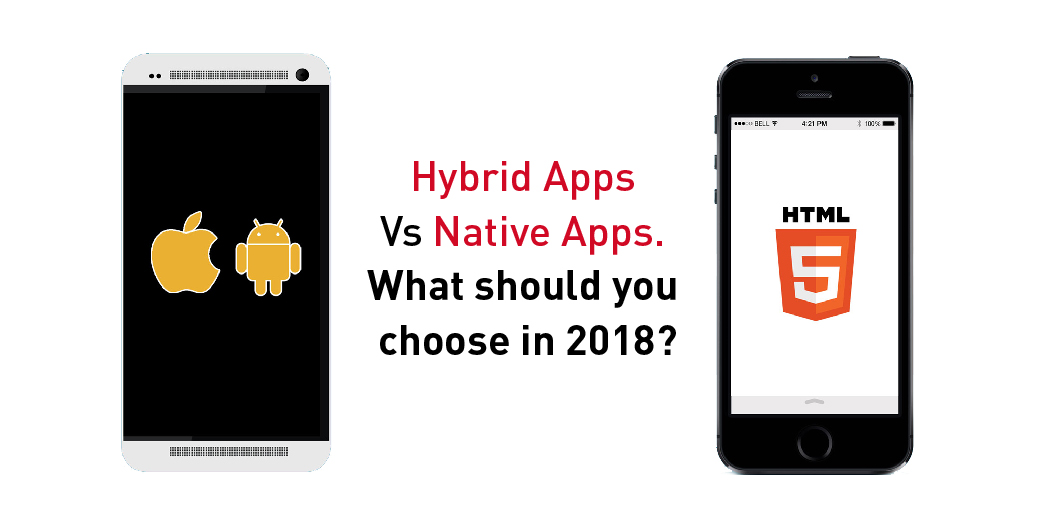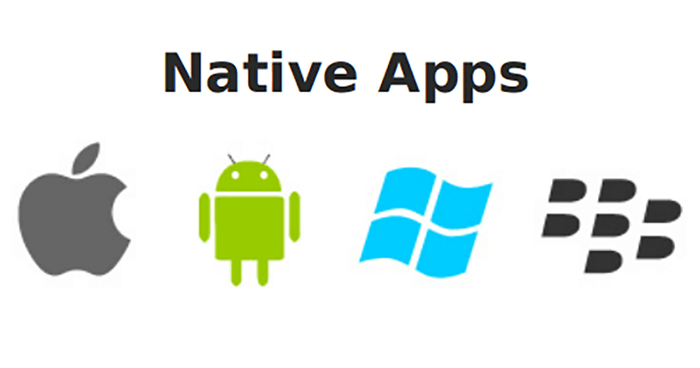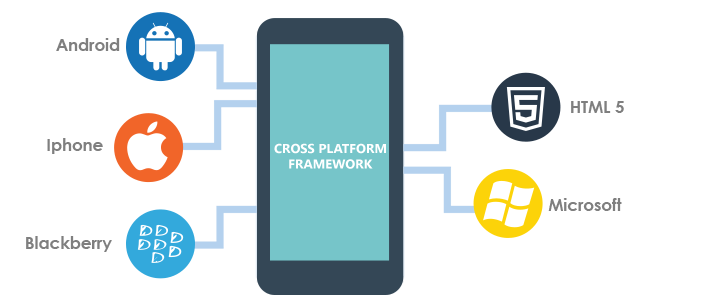
This is the era of the advanced technology and the internet reshaping the whole world. Numerous technological advancements have changed the way humans once used to live. You can’t survive without a good internet connection now. Charter, Cox, CenturyLink and TDS internet services are some of the names you can count on to provide you best services at the easy on pocket rates. The technology has provided humanity with applications for literally everything. There are applications for food, transportation, time killing, shopping, and whatnot.
Hybrid apps and native apps are the two types applications found on the market. People usually argue which apps are better to be installed on the devices for users. Here is a deep-root analysis of both of the applications that would help you decide which applications are better for you and for your devices as well.
Native Apps

A native application is developed only in one language and designed to be used on only one Operating System. The programming language could be Objective C, Java or Swift. Since the application is designed to run on a specific OS, it runs perfectly and fits entirely on that OS. These applications can access the built-in features of the device without putting much pressure on the hardware of the software of the device.
A user can get the hold of native applications easily within a few days. They learn to switch between different applications and the interaction with the GUI faster. But the drawback of the native applications is that you will have to write the whole program again in another language if you want to launch it for some other OS. Since humans are always short on time because of the tasks they have to fulfill each day, it becomes really hard for people to even imagine writing the same code in another language.
Hybrid Apps

These applications are cross-platform apps, which means that a single code written in one language can run on multiple platforms. These apps are usually written in HTML5, CSS or JavaScript. These applications can be used on the web as well. The only downfall of hybrid applications is that they need the support of JavaScript to grant them the access to built-in functionalities of the device they are running on.
These applications are covered in a native wrapper that makes it easy for them to adjust according to the operating system they are downloaded on. The hybrid applications save humanity the time, money and extra effort that is put into making the same native application for another operating system. Facebook, Instagram, Twitter, and Uber are some of the widely used hybrid applications.
The Final Word
The battle of the native apps vs hybrid apps is similar to the fight of frontier vs spectrum in the world of ISPs. Both of the apps have some positive points on the other and some drawbacks that pull them down on the rating chart. However, the world has started to accept hybrid apps more than native apps now. The concept of native apps is vanishing with the arguments of the people in their favor. With the advantages hybrid apps have to offer, it is recommended that you should opt for hybrid apps in 2018.